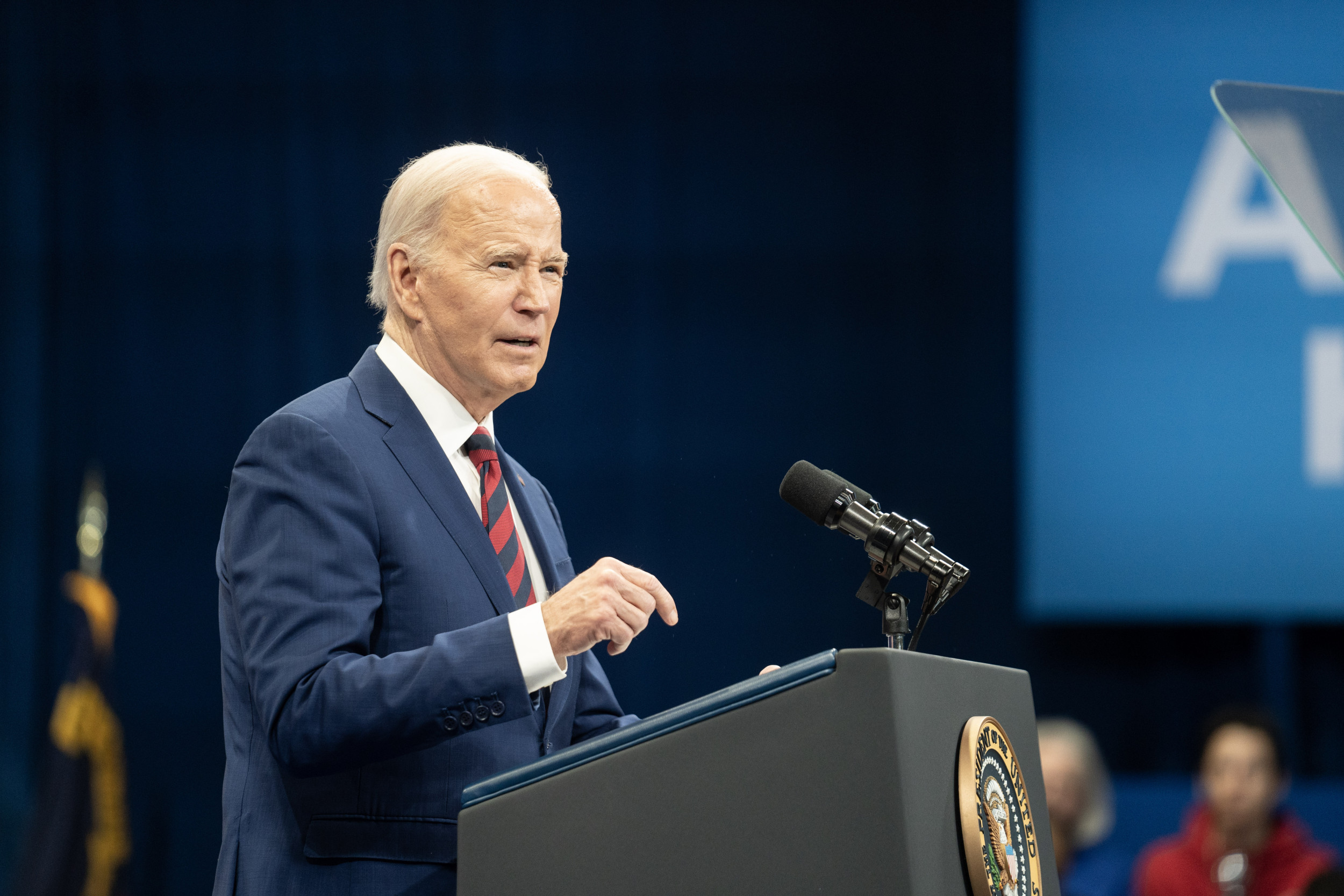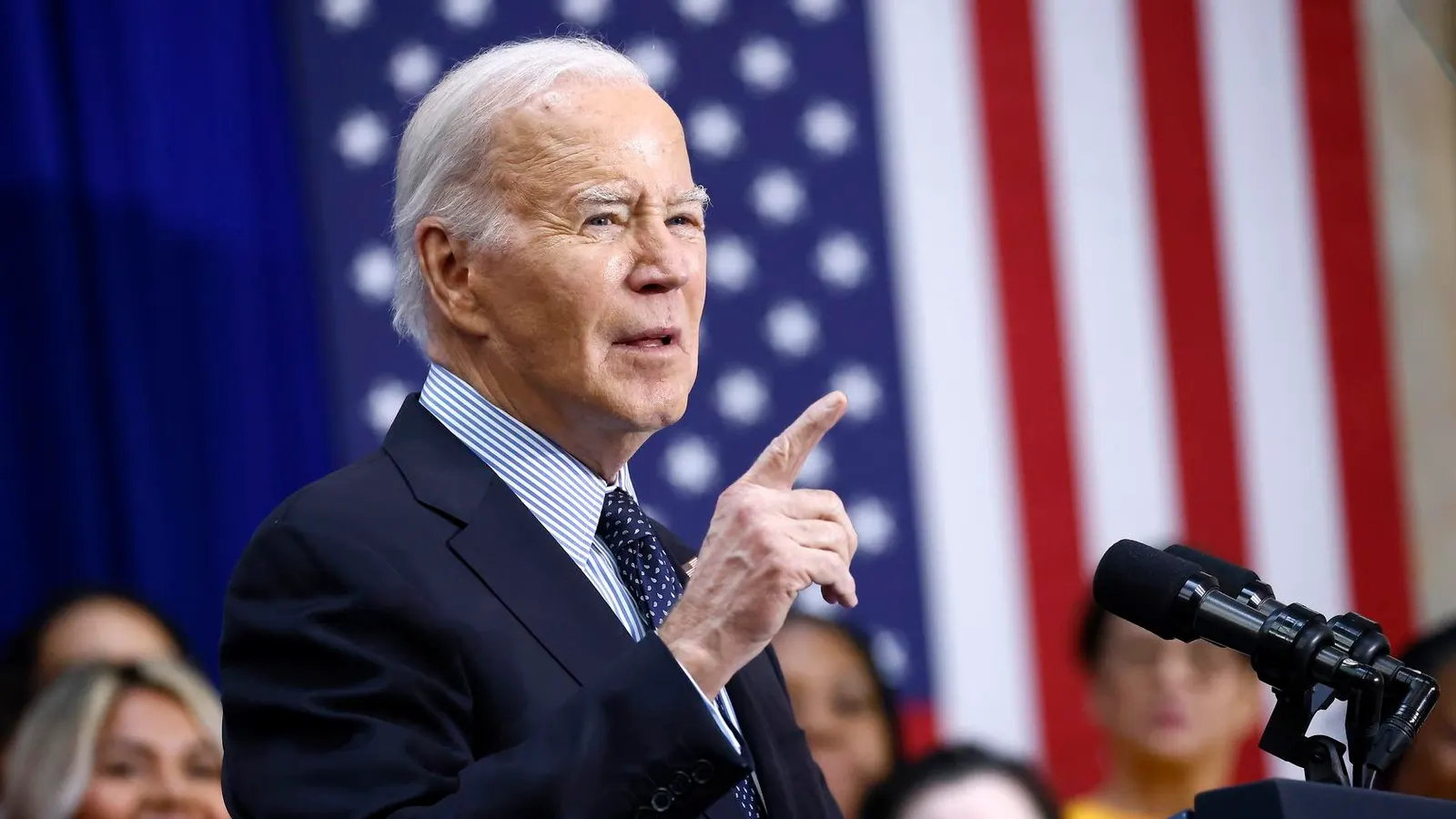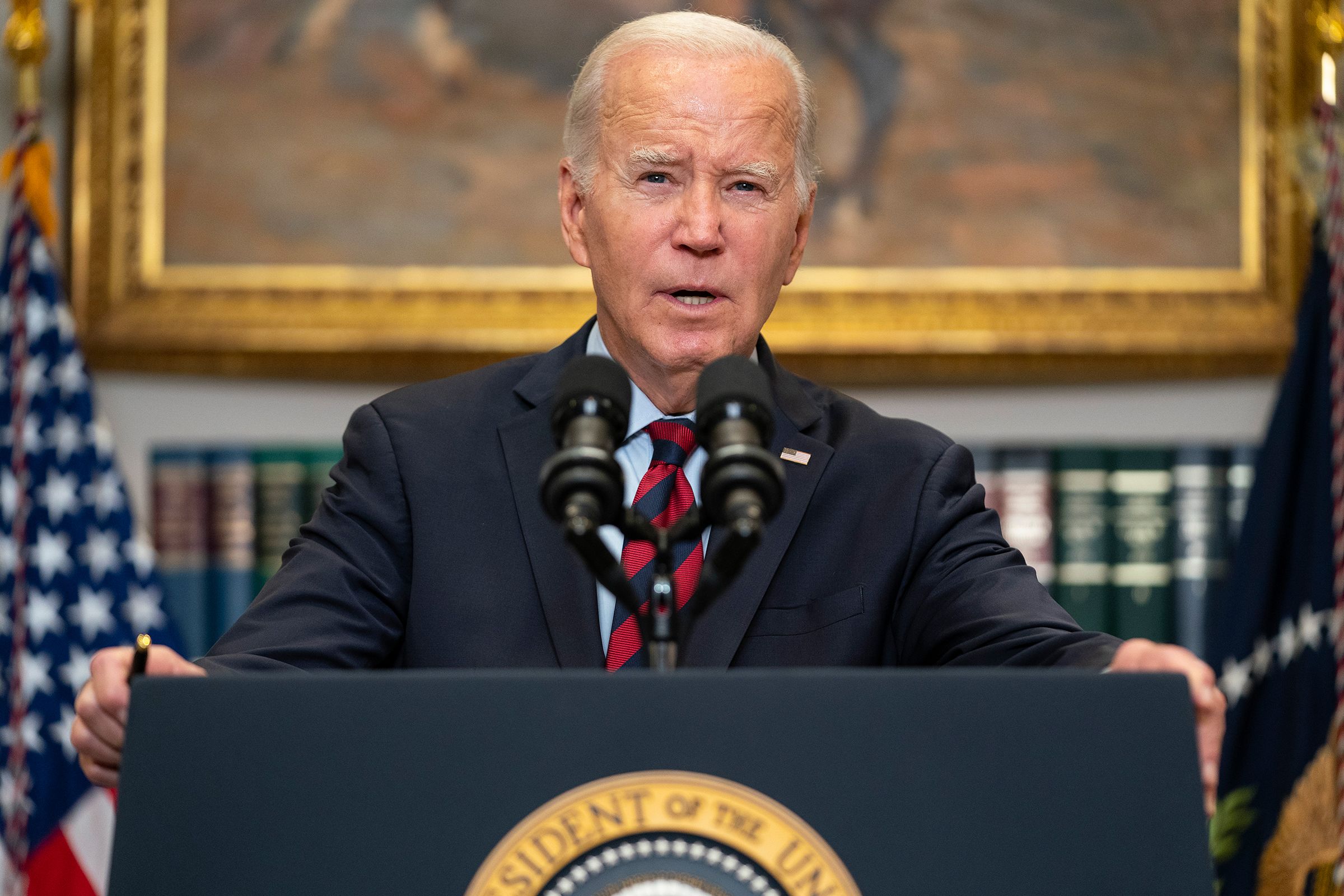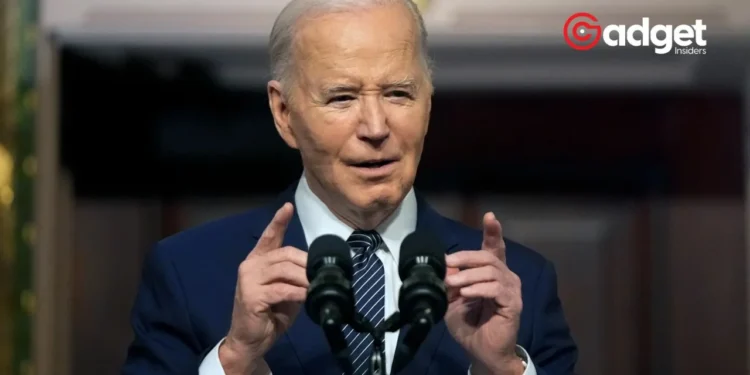In a move that has escalated tensions between Republican-led states and the Biden administration, a coalition of states spearheaded by Missouri has launched a lawsuit aimed at dismantling President Biden’s new student loan repayment strategy.
The legal challenge comes hot on the heels of the administration’s announcement of the SAVE Plan, a scheme heralded for offering a swifter avenue towards loan forgiveness, a benefit that has already been extended to over 150,000 borrowers.
This recent legal action not only highlights the continuing partisan clash over student debt relief but also signals a potentially significant shift in the landscape of higher education financing.

A Closer Look at the SAVE Plan Controversy
At the heart of this legal skirmish is the Biden administration’s SAVE (Saving on a Valuable Education) Plan.” Unveiled amidst much fanfare, the SAVE Plan promises to revamp the traditional model of student loan repayments by offering more lenient terms and accelerated forgiveness timelines. Specifically, this initiative seeks to reduce monthly payments and expedite the path to debt cancellation, with some borrowers becoming eligible in as little as 10 years. It’s a bold departure from previous income-driven repayment schemes that capped payments based on a borrower’s income but stretched the cancellation timeline over two decades or more.

Legal Battlefront: State vs. Federal Oversight
The lawsuit, spearheaded by Missouri and joined by states including Arkansas, Florida, Georgia, North Dakota, Ohio, and Oklahoma, challenges the federal government’s authority to implement such sweeping changes without congressional approval. Central to their argument is the claim that the SAVE Plan oversteps executive powers, infringing on legislative jurisdiction. This legal confrontation is not without precedent; it mirrors a previous Supreme Court case where loan cancellation efforts by the Biden administration were rebuffed, marking a significant setback for the Democratic president’s ambitious student debt relief agenda.
Missouri’s attorney general has been vocally critical, asserting that the president’s attempt to push through a costly and controversial policy unilaterally is both unprecedented and legally dubious.
The Education Department, however, counters by citing a 1993 congressional mandate that bestowed upon the agency the authority to define the terms of certain repayment plans, an authority they argue has been previously exercised without dispute.
More Republican states sue to block Biden’s student loan repayment plan https://t.co/f0JEevwTUF
— Bo Snerdley (@BoSnerdley) April 10, 2024
Economic and Social Implications
Beyond the legal arguments, the SAVE Plan’s introduction has sparked a broader debate about the economic and social implications of student debt relief. Advocates argue that alleviating student debt burdens can serve as a powerful catalyst for economic mobility, particularly for low-income borrowers. Indeed, the plan’s proponents point to the nearly 8 million Americans who have embraced the SAVE Plan, including 4.5 million low-income borrowers now benefitting from $0 monthly payments, as evidence of its potential transformative impact.
Critics, however, view the plan as a deviation from the principle of loan repayment, suggesting that it effectively transforms student loans into grants, thereby straining federal resources and undermining the integrity of the loan system. Furthermore, the lawsuit raises concerns about the plan’s effect on public sector recruitment, alleging that its generous terms could diminish the appeal of the Public Service Loan Forgiveness program, traditionally a significant draw for those pursuing careers in public service.

What Lies Ahead?
As this legal battle unfolds, it serves as a focal point for a wider conversation about the role of government in education financing and the best path forward in addressing the burgeoning student debt crisis. With over 30 million Americans potentially affected by the outcome, the stakes are undeniably high.
As the Biden administration vows to continue its fight for borrower relief, the clash between federal initiatives and state-level resistance underscores the deeply polarized nature of the debate over student debt forgiveness. Whether this legal confrontation will pave the way for a reimagined approach to student loans or solidify the barriers to reform remains to be seen.










